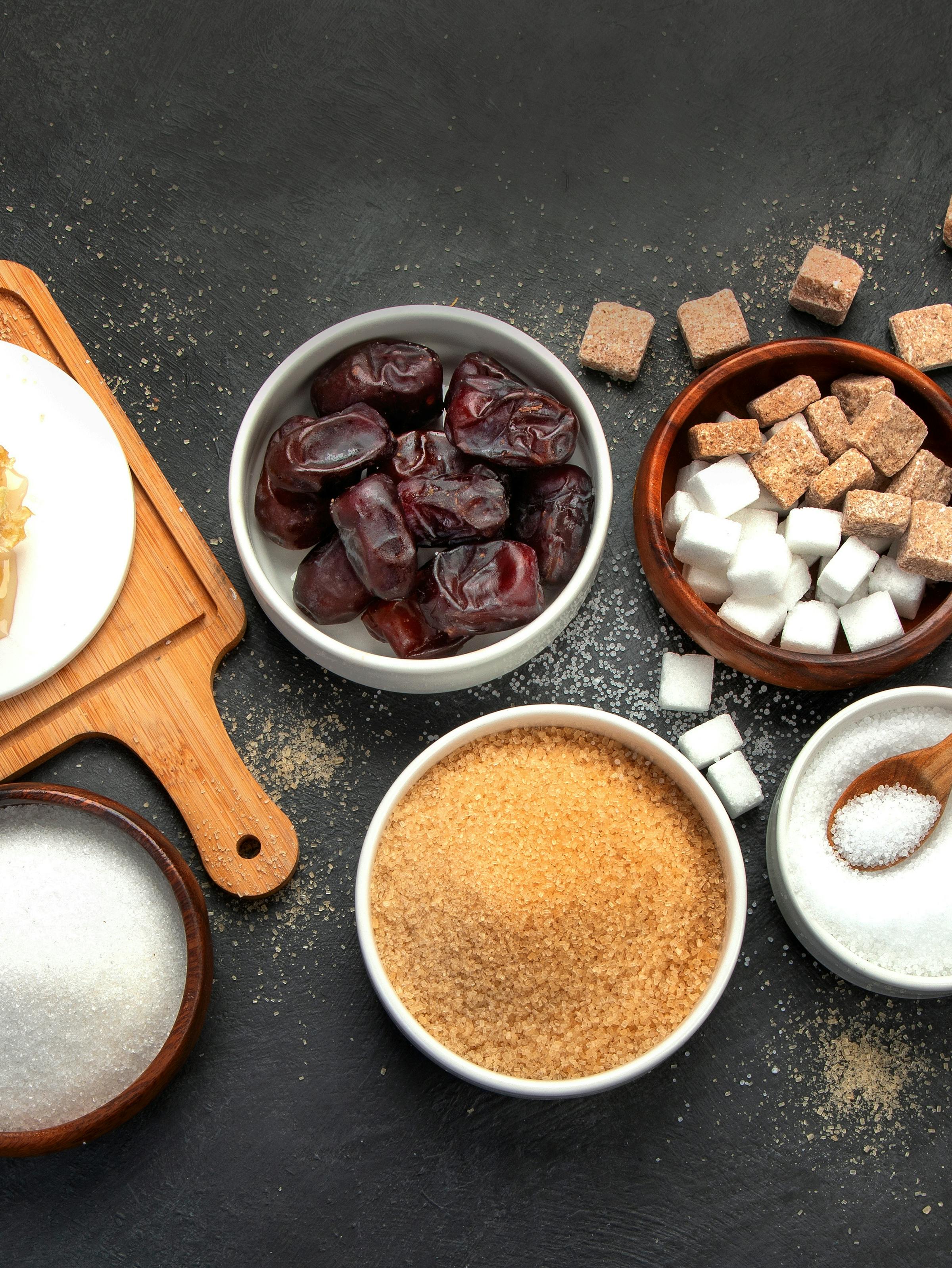Enginzyme’s successful pilot campaign making the rare sugar kojibiose
Just a spoonful of sugar helps the medicine go down, goes the line from the famous Mary Poppins song. While it may be true that life is just a little sweeter with sugar in it, the reduced quality of life and mobility, the unaccounted economic impact and the estimated $200 billion annual direct healthcare costs of the growing global obesity pandemic leave a bitter taste in the mouth.
Health-promoting carbohydrates or ‘alternative sugars’ are the fastest-growing segment in the functional food market, currently valued at around $57 billion. Unfortunately, many presently available sweeteners have downsides that prevent widespread adoption, such as laxative effects, bitterness, or poor bulking properties. On the other hand, consumer scepticism towards anything seen as ‘synthetic’ is driving demand for ‘natural’ alternatives.
Kojibiose, a so-called ‘rare sugar’, is a disaccharide naturally present in honey (around 3%) and soy sauce. It is a potent prebiotic and has many desirable properties for a sucrose (table sugar) replacement, including bulking and taste properties.
EnginZyme acquired a license to commercially exploit a kojibiose forming sucrose phosphorylase enzyme from Prof. Tom Desmet (University of Ghent). It then took just ten months for the EnginZyme team to show how the unique combination of world-class expertise and EziG technology could take them to a validated pilot, a de-risked future scale-up, and a clearly defined commercial process.
The solution? An industry-standard fixed-bed reactor packed with enzyme immobilised using EnginZyme’s EziG technology. When integrated with standard downstream unit operations, it produced significant quantities of high purity kojibiose, a multi-tonne annual capacity from a reactor that could fit in the back of your car. EnginZyme can further test properties, and consumer acceptance with the samples generated as the team readies itself for the next stage.
“And that’s just our pilot,” says co-founder and CEO Karim Engelmark Cassimjee. “We are confident we can scale this 100-fold meaning kilo-tonnes per annum of this incredible molecule. From a reactor that’s smaller than your car, it would result in increased capital efficiency on top of an already extremely efficient process.”
What differentiates EnginZyme is that it starts every new campaign with the end-game already clearly in sight. “Our process development always starts from a techno-economic assessment; this sets out clear criteria to take a process to the next stage,” comments Marco Saucedo, Director of Process Engineering. “Right from the start, we understand what performance we will need from both the immobilised enzymes in the reactor and the downstream purification train to be successful in taking the process commercially.”
At the heart of EnginZyme’s kojibose process is the enzyme that catalyses the reaction. But, nature doesn’t always build enzymes suited to the demanding requirements of a commercial operation. That’s where EnginZyme’s process and enzyme engineering groups provide a perfect symbiosis. “Defining the explicit performance criteria we need before even entering the lab gives the enzyme engineering team laser-sharp focus”, explains Matthew Thompson, Director of Enzyme Engineering.
Once the team identified enzymes that met the performance criteria, the focus shifted to getting the enzymes immobilised and into fixed bed reactors as quickly as possible to test actual process conditions. The maturity of the EziG immobilisation technology and the high-throughput screening platform allows EnginZyme to find the right combination of enzyme, catalyst, and conditions quickly. Vince Murphy, Chief Technology Officer, adds: “We get to show off how good our EziG technology is by screening hundreds of combinations of enzymes, cheap support materials and reactions conditions in parallel to make sure we pick the right system to take forward to the fixed beds to test their limits under real process conditions. We take for granted we can get the immobilisation step right; for other companies, this is a bottleneck.”
In parallel to the development of the immobilised enzyme, the process engineering team works on choosing, optimising, and sizing the best reactor and downstream processing train (DSP) to meet the product specifications. Using fixed bed reactors with an immobilised enzyme means the stream containing the kojibiose product is easy to handle and process with standard downstream operations – an enormous advantage when it comes to scaling quickly and confidently.
Armed with an efficient immobilised enzyme, a detailed understanding of the reactor performance, and a working DSP train, the EnginZyme team could stride confidently into their piloting campaign at Bio Base Europe Pilot Plant in Ghent, Belgium. The culmination of the extraordinary cooperation between the teams at EnginZyme led to a pilot campaign that operated continuously with no loss in catalyst performance over the course of a month. The recovery and isolation of kojibiose were exceptional and represented the first large scale continuous synthesis of this highly exciting alternative sugar.
“This pilot is an important breakthrough as it demonstrates our ability to take ideas to process,” said CEO and co-founder Karim Engelmark Cassimjee. “Delivering this potentially game-changing healthy sugar on this scale further strengthens our leadership position in the cell-free biomanufacturing field and is a major step towards providing a viable alternative to sucrose as an ingredient.”
EnginZyme is actively seeking partnerships to scale up and commercialise the kojibiose process for visionary and innovative companies that want to improve health and nutrition globally. Contact business@enginzyme.com for further information and product samples.
